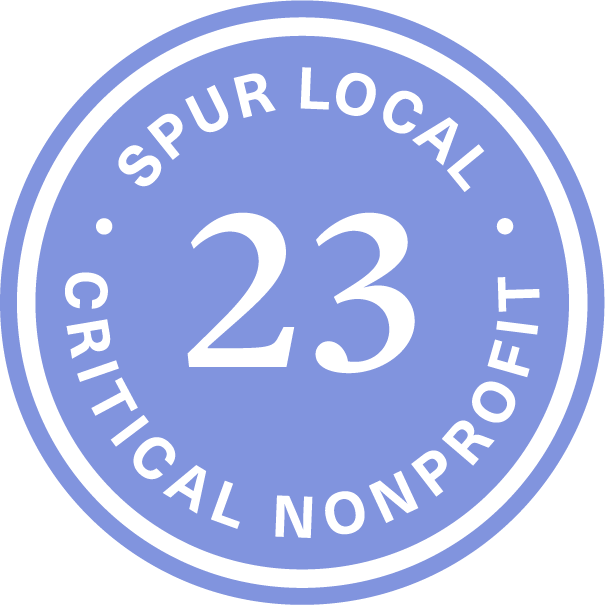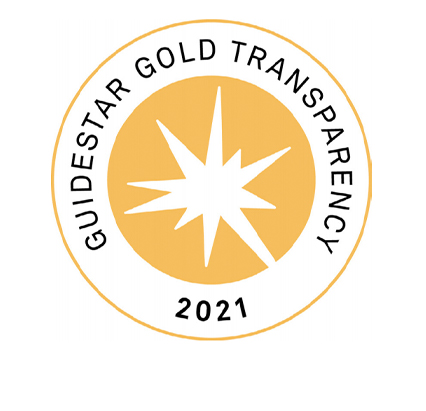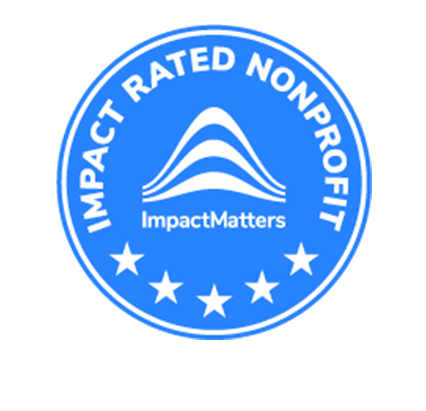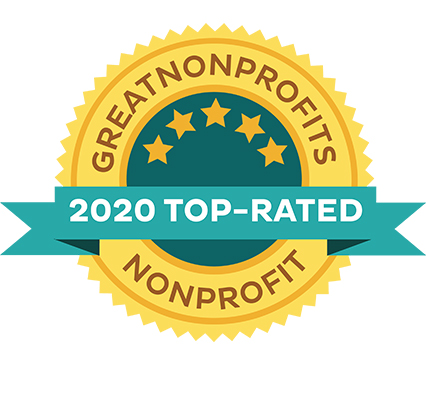WHAT ARE THE DIFFERENT TYPES OF HOUSING PROGRAMS?
There are 3 subsidized housing programs:
- Public Housing – This is subsidized housing located in DC, managed by the DC Housing Authority (DCHA).
- The Housing Choice Voucher Program ( formerly known as Section 8 ) – This is rental assistance provided in the form of a voucher to eligible families so that they can obtain housing from private landlords. A voucher allows you to identify where you would like to live. Apartments or houses are managed by landlords to whom the DCHA pays a portion (typically 70%) of the rent.
- Housing Choice Voucher Moderate Rehabilitation Program (formerly known as the Section 8 Moderate Rehabilitation Program) – This program is often referred to as Project Based or Unit Based because the rental assistance that the individual landlord receives is only for the specific units in which a family lives. Landlords can receive rental assistance on a select number of units within their apartment communities. Within this program, vouchers are not transferrable to other units.
All 3 programs have separate waiting lists. To apply for any of the programs, you must first obtain an application.
How Do I Obtain an Application?
HOW DO I OBTAIN AN APPLICATION?
There are 3 ways in which you can apply for subsidized housing:
- Visit the DC Housing Authority website at www.dchousing.org to download an application;
- Call the Housing Authority at 202.535.1500 and ask to have an application mailed to you; or
- Visit the Client Placement Division at the DC Housing Authority at 1133 North Capitol Street, NE, Washington, DC 20002.
When Applying for Housing Through DCHA, Be Aware of The Following:
- You must schedule an appointment to drop-off an application or to update an existing application at DCHA. You can call 202.435.3245 to schedule an appointment. Applications should be updated yearly or as often as your information changes, such as family size, income, address, etc.
- If you mail your application, no appointment is necessary. The DCHA mailing address is 1133 N. Capitol Street Washington, DC 20002 Attn: Client Placement Division.
How Long Are The Waiting Lists?
HOW LONG ARE THE WAITING LISTS?
It typically takes 1 to10 years before a person’s name reaches the top of the list, depending on the individual’s family size and situation. This is why it is important to update your DCHA application as often as your family situation changes.
DCHA uses preferences to determine a person’s placement on the list. The homeless and elderly are categories that often receive preference.
Once My Name Reaches the Top of the Waiting List, What Documents WillDCHA Ask Me to Bring to A Placement Interview?
ONCE MY NAME REACHES THE TOP OF THE WAITING LIST, WHAT DOCUMENTS WILL DCHA ASK ME TO BRING TO A PLACEMENT INTERVIEW?
You may be asked to bring the following information and documents:
- Name, address, telephone number, Social Security number, date of birth, and relationship of all household members;
- Documentation verifying the preferences that apply to you;
- Names and addresses of employer;
- Bank account statements (savings, checking);
- Pay stubs and utility bills;
- Any other documentation that will help show your income and expenses;
- An estimate of any assets you own, including land, real estate, or other property;
- Your signature, certifying that the information is correct;
- You will be asked to sign a form that allows the housing authority to conduct a background check to see if you have a criminal record;
*You must answer questions about your housing history (for example, if you have been evicted from government-funded housing, owe back rent, or gave false information on an application).
Can I Apply for Housing if I have a Criminal Background?
CAN I APPLY FOR HOUSING IF I HAVE A CRIMINAL BACKGROUND?
DCHA may deny admission to any family if an adult family member has been convicted of a felony or a misdemeanor involving violence or destruction of property; or has participated in a “documented” violent behavior, even if it did not result in conviction.
Can I Apply for Housing if I am Undocumented?
CAN I APPLY FOR HOUSING IF I AM UNDOCUMENTED?
According to the U.S. Department of Housing and Urban Development (HUD), “mixed families” are eligible and can apply for public housing. HUD’s definition of a “mixed family” is one whose members include those with citizenship or eligible immigration status, and those without citizenship or eligible immigration status. This includes a family in which a child has citizenship and the head of household does not. It is important to know that local public housing offices do have the discretion to give preference to those in which the head of household has citizenship.




